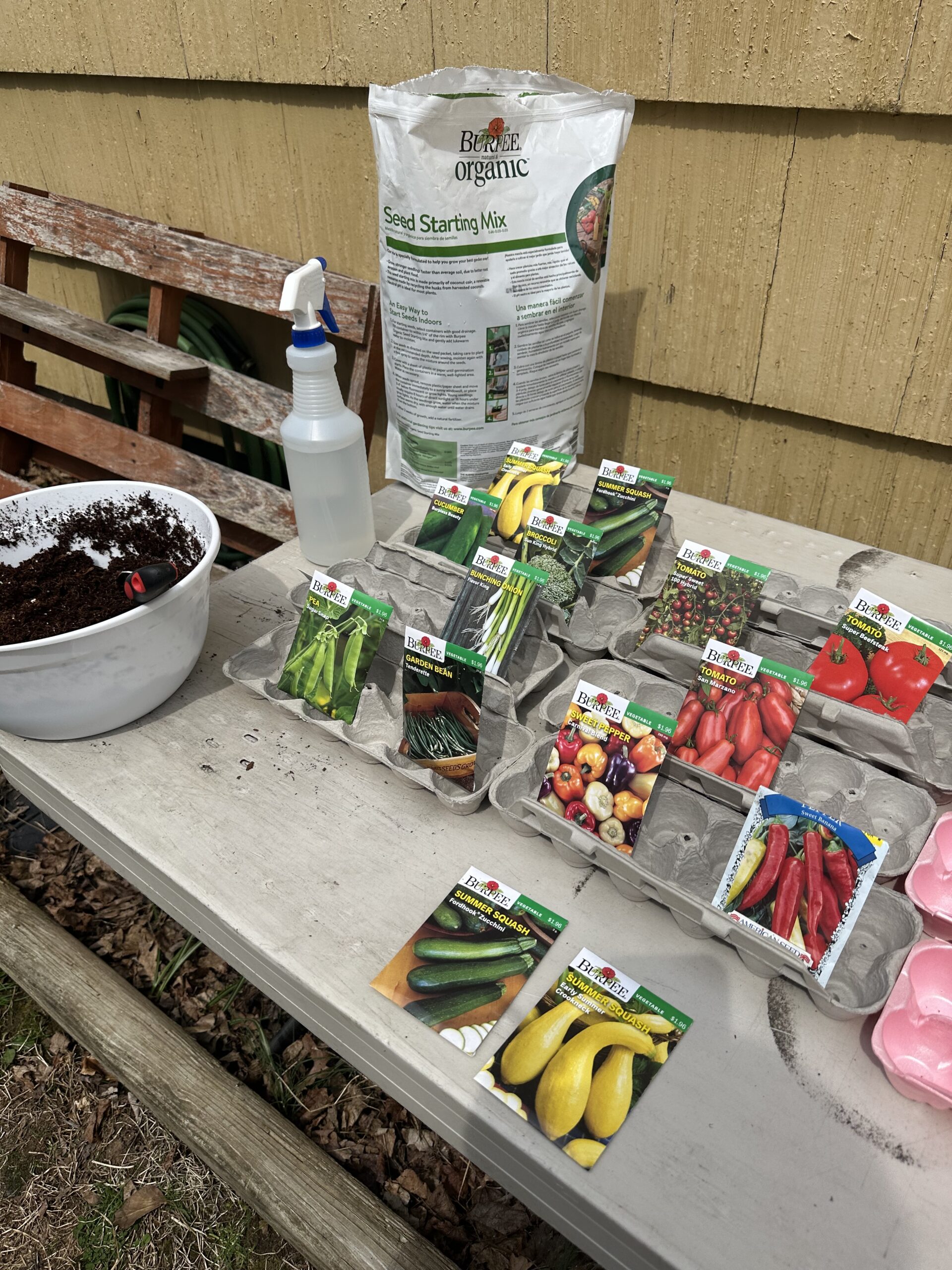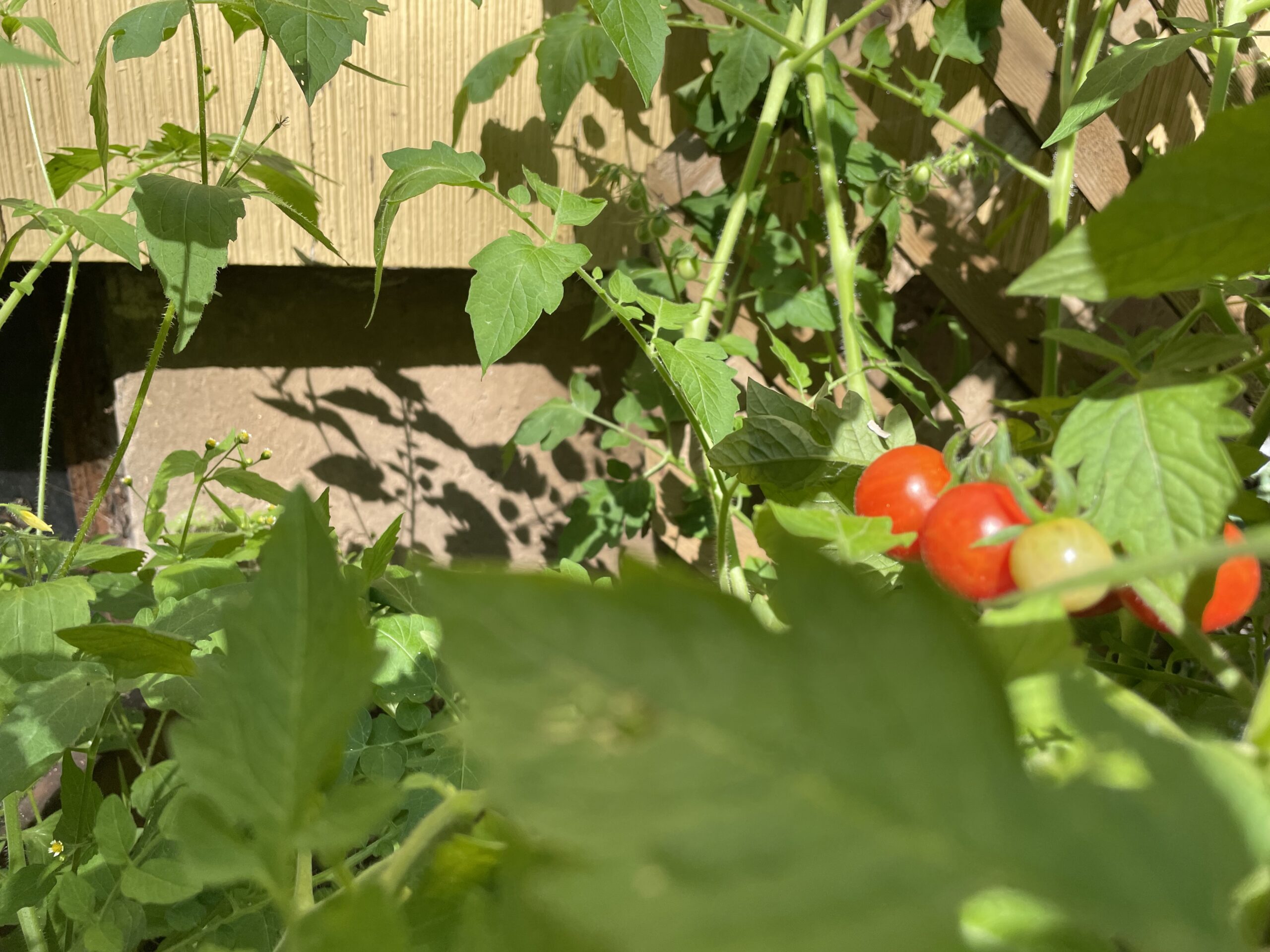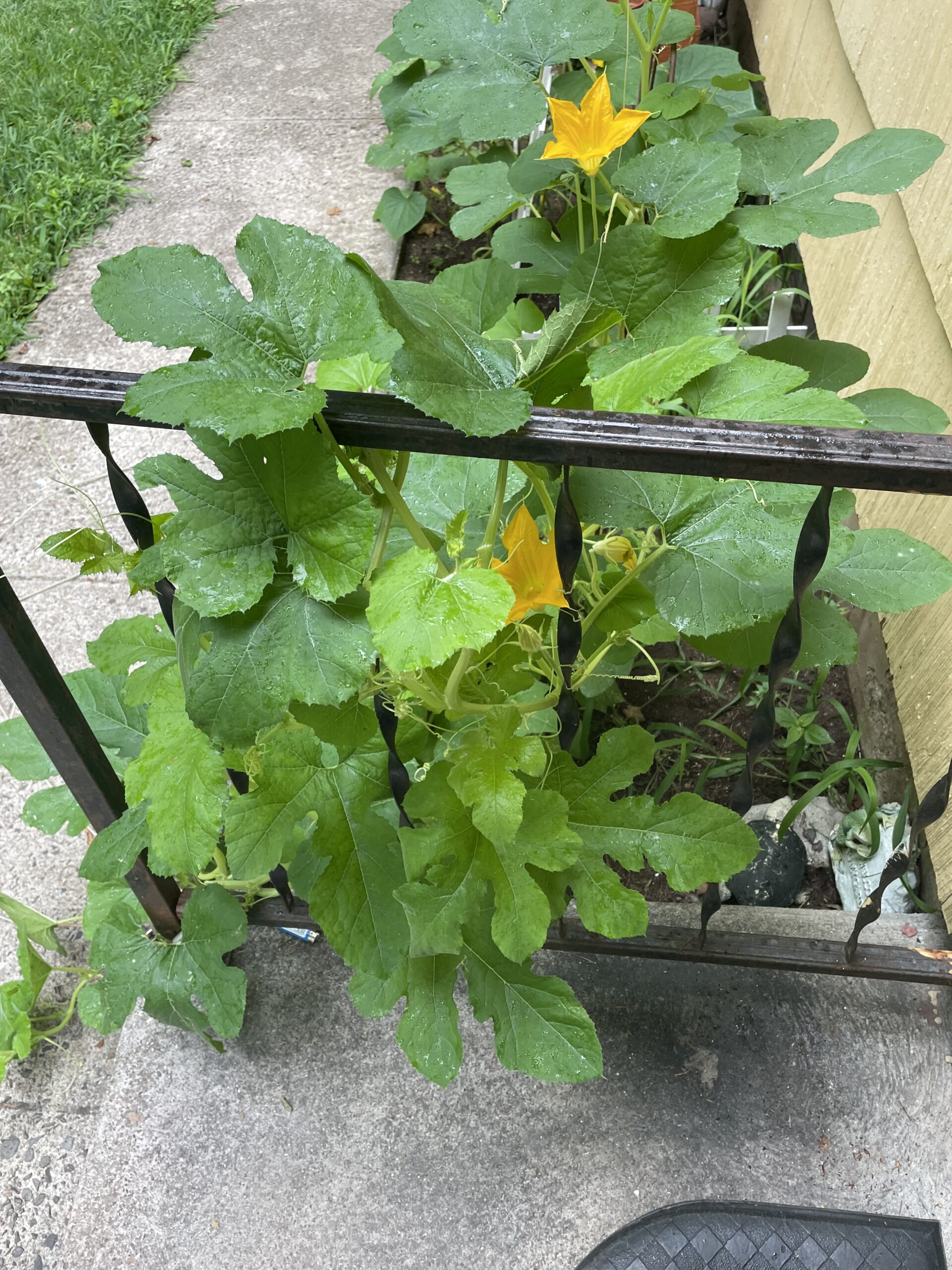Let me be honest: there was a time when my days felt like scattered puzzle pieces that didn’t quite fit together. Morning routines blurred into chaotic afternoons, and evenings were either filled with unfinished to-do lists or the guilt of complete inertia. I was stuck. Tired. Lost in the noise of trying to “have it all together.”
And then one day, I bought a packet of zinnia seeds.
Not because I had some grand gardening plan. I bought them on a whim, almost as a romantic gesture toward hope. It was early spring, and I was desperate for something new—something grounded, tangible, something I could literally grow into.
That was the first step in a deeply unexpected and profoundly healing journey. Planting those seeds didn’t just fill my flower beds. It reshaped my entire routine and helped me rebuild myself in many ways.

The Power of Showing Up Daily
Seeds are tiny, humble things. You plant them in dirt, water them, and then wait. At first, nothing happens. It’s easy to feel discouraged. But gardening teaches you that consistency is everything. A missed watering here or too much water there can derail progress. So I started checking in every morning.
Those five or ten minutes in the early light, with coffee in one hand and watering can in the other, became sacred. They gave my mornings structure. I wasn’t scrolling or stressing—I was present.
Slowly, this act of showing up began to spread into other parts of my life. I started making my bed. I ate breakfast at the table instead of hunching over my laptop. Writing down small goals. The seeds symbolize showing up, even when you don’t feel like it, because the process matters more than the outcome.
Reconnecting with Time
One of the most significant casualties of burnout and disconnection is time. When you’re mentally exhausted or emotionally overwhelmed, hours disappear into scrolling, overthinking, or avoidance. You lose the rhythm of the day.
But seeds don’t rush. They demand patience. And patience is a discipline.
Watching those first sprouts emerge—barely-there green slivers poking out of the soil—was the beginning of my relationship with time again. I started paying attention to the weather, tracking sun patterns, and journaling the stages of growth. My days became marked by nature’s pace, not productivity metrics.
There was something deeply satisfying about syncing up with the earth’s tempo. I began to move slower, more deliberately. Meals became moments instead of checkboxes. Conversations were more intentional. Even rest felt deeper because I wasn’t constantly racing the clock.

Learning to Embrace Imperfection
If you’re a perfectionist like me, gardening can be terrifying and liberating. Plants don’t care about your plans. Seeds don’t sprout on schedule. Some never sprout at all.
And that’s okay.
There were seeds I babied that never made it past the soil line. Others I forgot about entirely, that exploded into color. Gardening forced me to face the reality that effort and control aren’t the same thing. Sometimes you do everything “right” and things still don’t turn out. Other times, things flourish despite you.
That messy unpredictability was frustrating at first. But eventually, it gave me permission to be a bit dirty, too. To let go of rigid expectations and allow space for surprise. It helped me soften. To see progress in the crooked stems and uneven blooms.
Rebuilding My Day Around Rituals, Not Tasks
Routine used to mean chores. Things I had to get done. But with gardening, the routine started to mean ritual. Something with intention and meaning behind it.
Planting became a ritual. So did checking in on growth, tending to soil, pruning, and even composting. These acts weren’t just about plants—they were about self-tending. About creating a rhythm that supported life, not just productivity.
Instead of waking up to a barrage of obligations, I started waking up to ritual. Garden time. A journal entry. Stretching on the back porch while watching bees float from bloom to bloom. These rituals rebuilt the bones of my day. They gave it shape, grounding, and softness all at once.
Gratitude in the Small Things
Watching something grow from seed to bloom rewires your gratitude. Every little sign of life felt like a personal victory. The first sprout. The first bud. The morning I caught a hummingbird hovering over my zinnias.
These moments aren’t big or loud, but they are real. And when you start noticing them, your brain stops defaulting to lack or urgency. Instead of feeling behind, I started feeling present. Instead of focusing on what was missing, I noticed what was blooming.

Healing Through Dirt
There’s a reason gardening is so often used in therapy. It connects you to the moment. It gives you control over a small patch of the universe. And most importantly, it reminds you that growth is always possible.
In my lowest seasons, I often felt disconnected from myself. Lost in noise, numb from overdoing. Gardening—planting seeds, nurturing them—was a simple way to remember I was still capable of care. Of attention. Of love.
Every seed I planted felt like a promise. Not a guarantee, but a promise to try.
Lessons That Took Root
Here are some truths that planting seeds taught me:
- You don’t need to feel ready to begin. Just start.
- Progress is quiet. Most of the time, growth happens underground.
- Consistency matters more than perfection. A little care every day beats one considerable effort every now and then.
- Some things will bloom. Others won’t. Both outcomes are part of the process.
- Presence is powerful. Five mindful minutes with your plants can recalibrate your entire mood.
How My Routine Looks Now
These days, my routine still isn’t perfect. I sleep in sometimes. I forget to water a pot or lose track of what I planted where. But I’m no longer trying to build a flawless system. I’m building a sustainable one.
My mornings start with sunlight and watering cans, not screens. I journal, stretch, and be before the world rushes in. Afternoons are broken up by garden check-ins. Sometimes, evenings involve re-potting or sitting with a cup of tea near my raised beds.
I built my routine not around what I had to do, but around what helped me feel like myself again.
Final Thoughts
Planting seeds may seem like a small act. But in the proper context, it’s a revolution. It’s a commitment to growth, showing up, and believing in something even when you can’t see it yet.
Gardening helped me rebuild my routine not by forcing discipline, but by inviting connection. It gave me back my mornings. It helped me redefine productivity. And most of all, it reminded me that life is sprouting quietly beneath the surface.
So if your days feel like they’re unraveling, if your routine feels more like a treadmill than a rhythm, try planting a few seeds. You don’t need a green thumb, a backyard, or a five-step plan. Just a bit of soil, a little sunlight, and the willingness to begin.
Because sometimes, rebuilding your routine starts with one small, hopeful seed.
